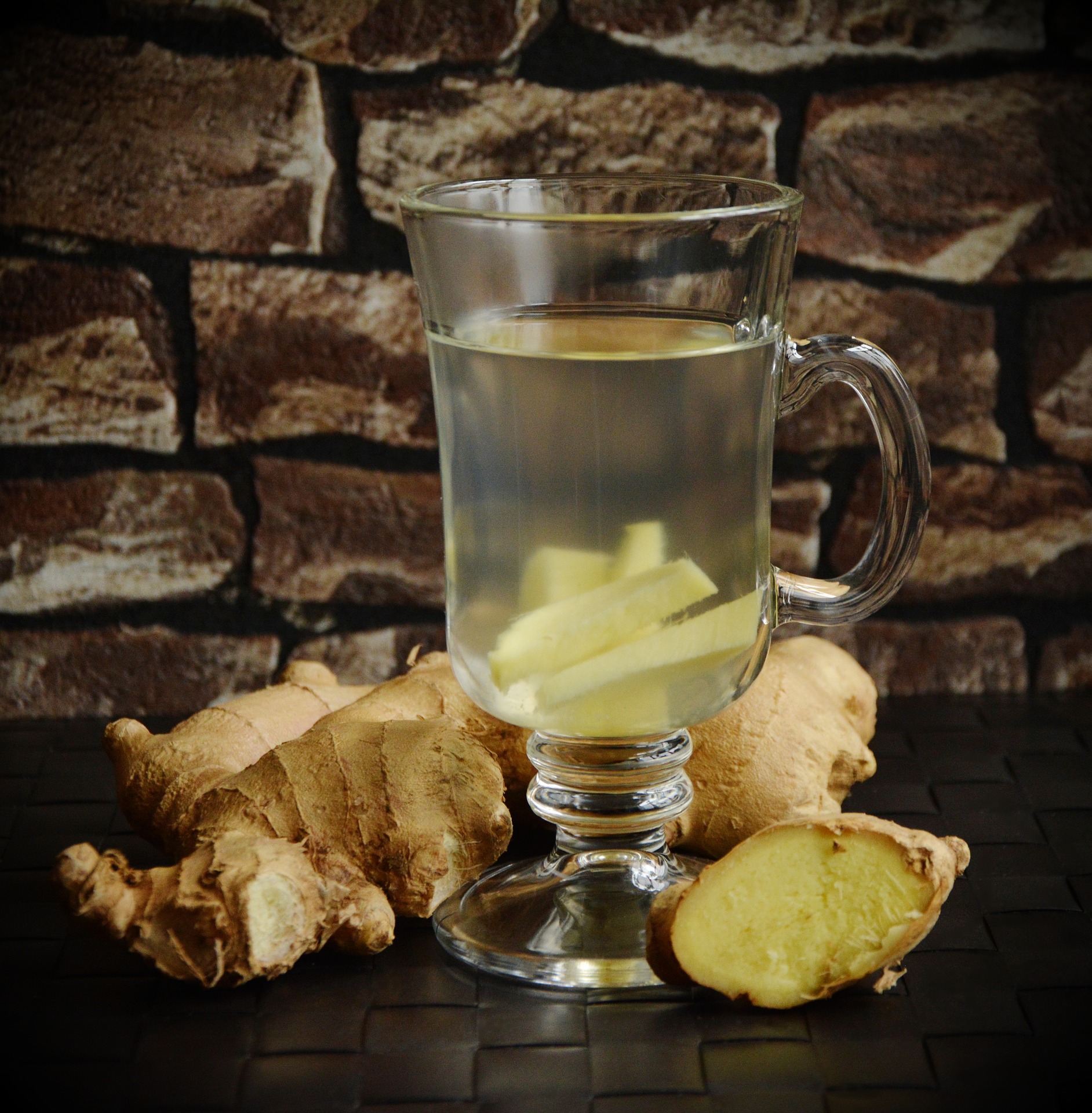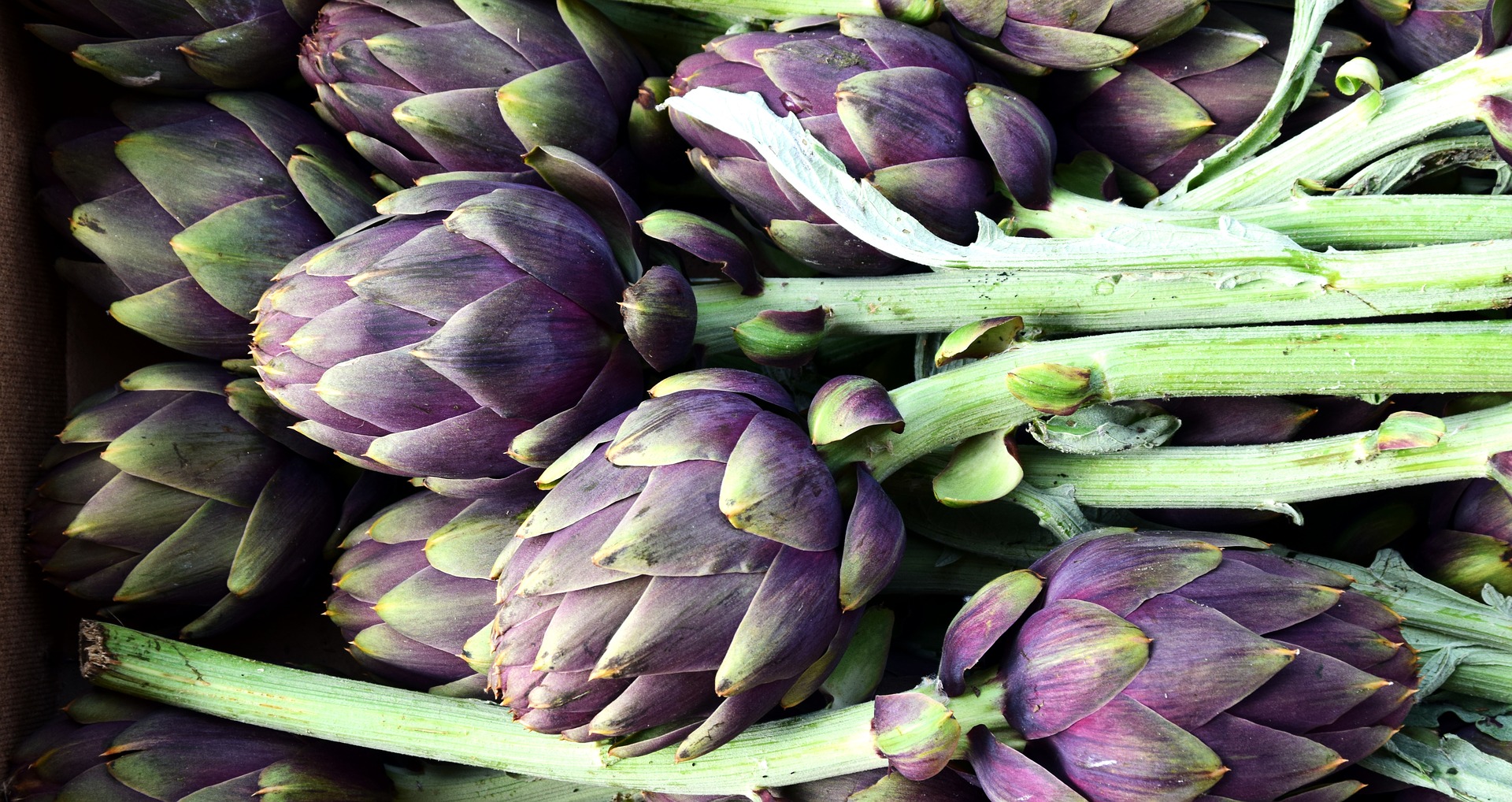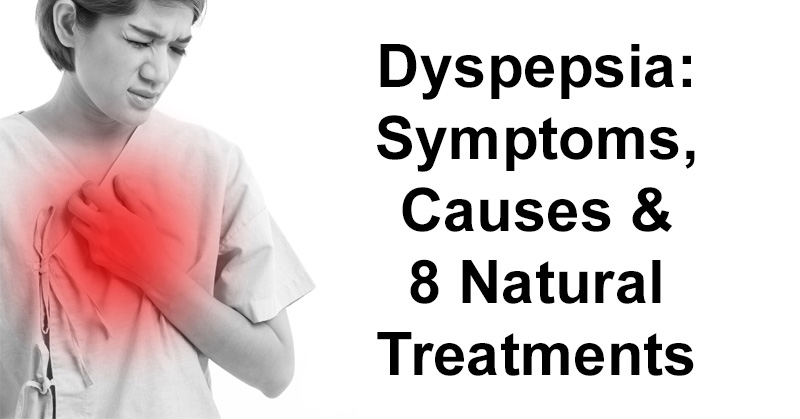Dyspepsia is a term that describes pain or discomfort in the abdomen. However, some dyspepsia symptoms manifest as pain in the chest area. Commonly referred to as an upset stomach or indigestion, dyspepsia symptoms include bloating, nausea, and burping. Sometimes these symptoms can be debilitating. But with dyspepsia natural treatment methods, such as a dyspepsia diet, you may see a decrease in severity of symptoms.
If you want to avoid conventional medicine, a dyspepsia natural treatment, including a dyspepsia diet, might be the best route to take. Part of a dyspepsia natural treatment plan includes avoiding the wrong foods. Similarly, there are certain foods, such as ginger, that are great methods of a dyspepsia natural treatment plan. A dyspepsia diet also entails monitoring how fast you consume food. (1) For more information on dyspepsia natural treatment methods, including a proper dyspepsia diet, read below.
If you frequently suffer from dyspepsia, some of these causes may look familiar to you:
- Eating too much
- Eating too rapidly
- Fatty or greasy foods
- Spicy foods
- Too much caffeine
- Drinking too much alcohol
- Too much chocolate
- Too many fizzy drinks
- Emotional trauma
- Gallstones
- Gastritis
- Hiatus hernia
- Infection, especially with Helicobacter pylori
- Nervousness
- Obesity (caused by more pressure inside the abdomen)
- Pancreatitis
- Peptic ulcers
- Smoking
- Some medications, such as antibiotics and NSAIDs
- Stomach cancer
To help ease symptoms of dyspepsia, here are 8 natural treatments:
1. Ginger

Ginger is a fantastic home remedy for dyspepsia. In fact, one study shows that three capsules of finger can help the stomach release its contents into the small intestines. This was with people who have functional dyspepsia. (2)
To relieve your dyspepsia symptoms, try eating thin slices of whole fresh ginger. Alternatively, drink fresh ginger juice or inhale diffused ginger essential oil.
2. Artichoke Extract

Ginger isn’t the only helpful food for upset stomachs. For example, a study in 2015 showed that artichoke extract can also help relieve indigestion symptoms. Subjects who took ginger and artichoke extract for four weeks had decreased symptoms of nausea, fullness, pain as well as bloating. This was in comparison to those who took the placebo. The next time you have an upset stomach, try taking artichoke extract. (3)
3. Relax
As simple as this remedy may sound, it’s effective. There is a direct correlation between stress and ingestion. When you’re stressed, symptoms increase. However, when you’re in a relaxed state, your symptoms decrease. (4)
Find a relaxation technique that works for you. For example, you might enjoy aerobic exercise, yoga, keeping a journal, or spending time in nature.
4. Cut Out Common Food Triggers

If you frequently experience indigestion, you’ll want to cut out the foods that trigger it. These include spicy, greasy, fatty, and processed foods. Coffee and other caffeine sources can also contribute to dyspepsia. You might also try cutting out dairy products, acidic foods like tomato sauce, and artificial sweeteners. (5)
5. Practice Proper Eating Habits
Sometimes a simple change in habit can prevent dyspepsia symptoms.
For example: (6)
- Chew with your mouth closed.
- Don’t talk while you are chewing.
- Eat slowly and chew your food well.
- Never lie down directly after eating.
- Avoid eating late at night.
- Wait a minimum of three hours after you eat dinner before going to sleep.
- Stay away from any clothing that fits your body too tightly. This is because tight clothes can squeeze your stomach, which can cause its contents to enter the esophagus.
6. Raise Your Bed
Here is another simple fix that may help your digestive issues. Raise the head of your bed at least six inches. This will encourage digestive juices to flow the right way. Some specialized beds will allow you to mechanically raise and lower the bed. You can use wooden blocks to achieve the extra height. (7)
7. Avoid NSAIDs, Antibiotics and Other Medications
Certain drugs, such as NSAIDs, can cause bleeding ulcers. NSAIDs are common over-the-counter pain relievers. You may recognize it as ibuprofen. (8)
Additionally, you’ll want to avoid antibiotics as much as possible. Not only do they contribute to leaky gut syndrome, they also are known to cause indigestion. (9)
If you can, you’ll also want to avoid these medications, as they are known to cause indigestion as well:
- Aspirin
- Birth control
- Steroid medications
- Thyroid medications
- Pain medications
- Cholesterol medications
- Blood pressure medications
8. Quit Bad Habits
When it comes to stomach problems, smoking cigarettes and consuming alcohol are huge culprits. (10) These habits irritate your stomach lining, which makes indigestion more likely to occur. You shouldn’t smoke at all. If you enjoy the taste of the drink but can’t handle the alcohol, try a healthy mocktail instead. Your stomach will thank you for it!


